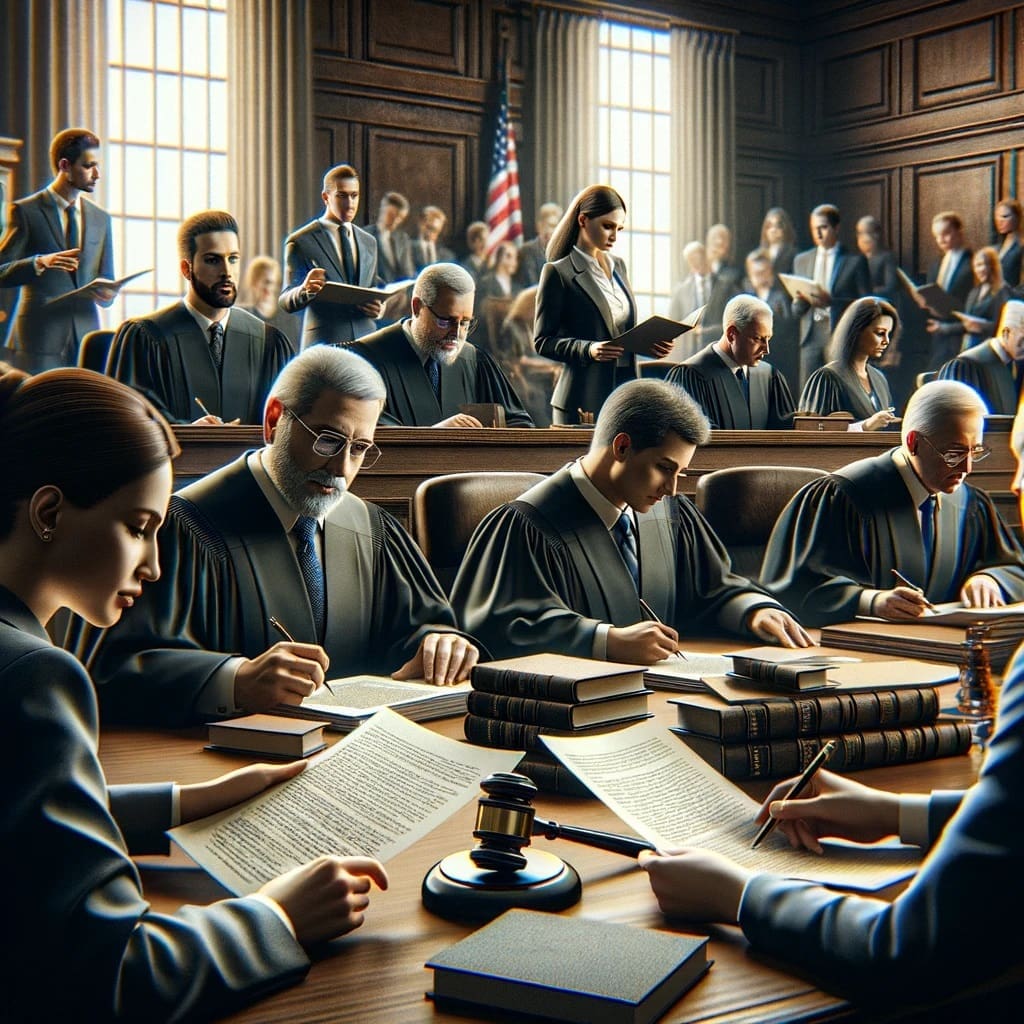How to Approach the Appellate Process with Expert Strategies
Appellate review is a critical phase in the legal process, providing a pathway for challenging decisions made by trial courts. This extensive review process ensures that the law has been applied correctly, offering a safety net against judicial errors. This article delves into the intricacies of appellate review, examining its importance, procedures, and impact on the legal system.
Understanding Appellate Review Appellate review serves as a fundamental mechanism for ensuring justice by scrutinizing lower court decisions. Unlike trial courts, which primarily focus on finding facts, appellate courts review cases to ensure the correct application of law. They examine the record of the proceedings from the trial court to determine if there have been any legal errors that substantially affected the outcome of the case.
This judicial review is crucial because it reinforces the integrity of the legal system, ensuring that trials are fair and that legal standards are uniformly applied. By providing a forum for addressing grievances about the legal process, appellate review helps maintain public trust in the judicial system.
The Appellate Process Explained
- Filing an Appeal: The process begins when an aggrieved party, known as the appellant, files a notice of appeal. This step must be taken within a strict deadline, usually a few weeks after the decision by the trial court.
- Preparing the Record: The trial court clerk prepares a record of all documents, evidence, and transcripts related to the case for the appellate court’s review.
- Writing Briefs: Both the appellant and the appellee (the party opposing the appeal) submit written arguments, known as briefs, outlining their positions. The appellant argues why the trial court’s decision should be reversed, while the appellee contends why it should stand.
Role of Appellate Courts Appellate courts do not conduct a new trial or hear new evidence; instead, they review the materials from the original trial to decide if the law was applied correctly. These courts play a crucial role in interpreting the law and can set precedents that will guide future judicial decisions.
Judges in appellate courts typically focus on questions of law rather than questions of fact. This distinction is vital because while trial courts determine the facts of a case, appellate courts ensure that legal principles are correctly interpreted and applied based on those facts.
Impact of Appellate Review The implications of appellate decisions are profound. A reversal can change the outcome of a case, potentially leading to a new trial or an alteration in the judgment. In cases where the appellate court affirms the lower court’s decision, the original verdict stands, further solidifying the legal precedent.
Additionally, appellate decisions contribute significantly to the development of the law. They clarify and interpret legal principles, filling in gaps left by statutes or earlier decisions. This evolutionary process is essential for adapting the legal system to changes in society and cultural norms.
Challenges and Considerations in Appellate Review Appellate review is not without challenges. The process can be lengthy and costly, requiring substantial resources from both the parties and the legal system. Moreover, the burden of proof in demonstrating a reversible error is high, demanding meticulous legal argumentation and thorough preparation.
Appellants must consider not only the legal basis of their appeal but also the broader implications of their case. Strategic considerations, such as the potential setting of new legal precedents and the public interest, play critical roles in deciding to pursue an appeal.
Conclusion Appellate review is a cornerstone of the judicial system, providing a critical check on the application of the law in trial courts. Through this review process, appellate courts ensure that justice is served in accordance with the law, upholding the principles of fairness and accuracy that are fundamental to the legal system. As such, understanding appellate review is essential for anyone involved in or affected by the legal process.
- How to Appeal Your Case | California Courts Self Help Guide
- Appellate Practice Guide – Ninth Circuit United States Courts
- Appellate Strategies in Complex Business Disputes
- Navigating the Appellate Process: From Filing to Oral Arguments
- Beyond the Verdict: What Every Litigant Should Know About the Appellate Process














